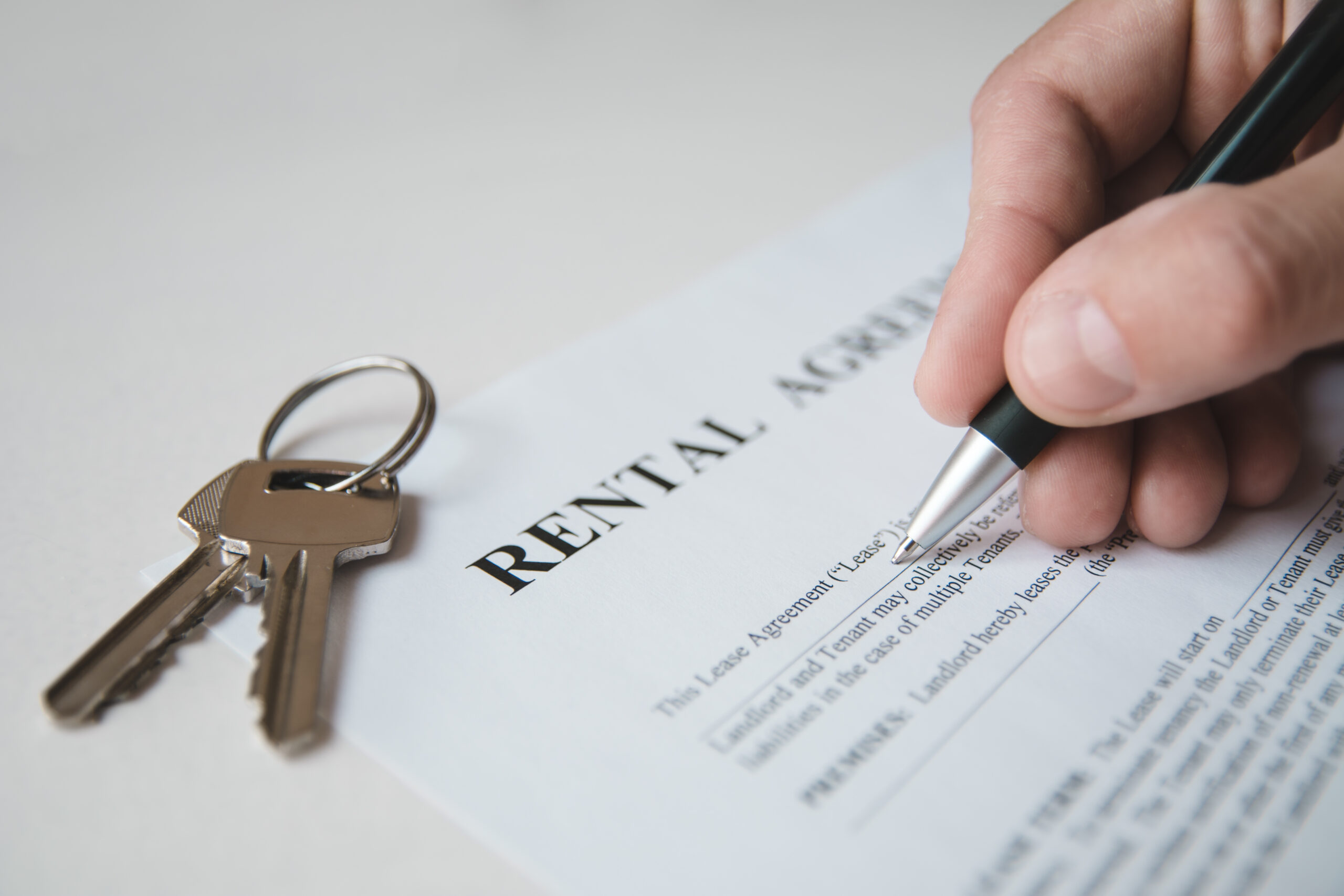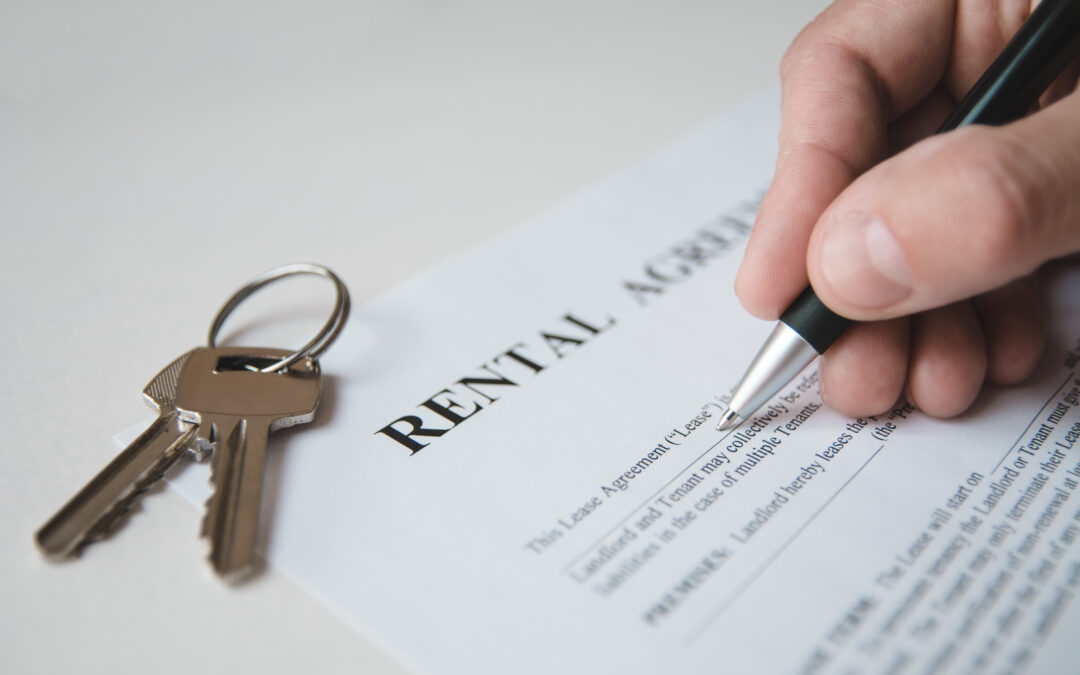By clearly outlining terms such as rent amounts, due dates, and penalties for late payments, these agreements provide landlords with a legal framework to address issues like unpaid rent and rent escalation. Keep reading to learn how lease and rental agreements can streamline debt recovery and how property managers can effectively use these tools.
The Differences Between Renting and Leasing
Understanding the difference between renting and leasing is crucial for property managers to create agreements that suit their business needs. Both terms refer to agreements between landlords and tenants but vary in their duration and flexibility:
- Lease Agreements
A lease agreement is typically a long-term contract, usually lasting six months to a year. It offers stability for both parties, as the terms remain fixed throughout the lease period. This means rent amounts cannot be changed, providing tenants with predictability and landlords with consistent income. However, breaking a lease early can lead to legal disputes, often resolved through provisions stated in the lease. - Rental Agreements
Rental agreements are more flexible, usually operating on a month-to-month basis. Either party can modify or terminate the agreement with proper notice. While this flexibility is advantageous in certain markets, it can lead to fluctuating rent income, especially during off-peak seasons. Rental agreements are more common for temporary housing or properties with high tenant turnover.
The Importance of Clear Terms in Debt Recovery
A well-constructed lease or rental agreement is an essential tool in managing tenant debt recovery. The agreement should detail key elements like:
- Payment Obligations
Specify the monthly rent amount, due date, acceptable payment methods, and late payment penalties. Clear terms can reduce disputes and provide a basis for legal action if tenants fail to pay. - Rent Escalation Clauses
Include provisions for rent increases, especially in long-term leases, to account for inflation or market changes. This ensures landlords can maintain profitability without renegotiating terms mid-lease. - Termination Policies
Define the consequences of breaking the agreement early or failing to pay rent. This could include eviction procedures, fees for early termination, or other legal remedies.
How Lease and Rental Agreements Simplify Debt Recovery
Lease and rental agreements act as a roadmap for resolving disputes and recovering unpaid rent. Here’s how they help:
- Proof of Terms
When tenants dispute payment obligations, the agreement serves as evidence of agreed-upon terms. This is especially important in cases where tenants claim they were unaware of penalties or payment schedules. - Legal Enforcement
Agreements provide landlords with the legal authority to pursue debt recovery. For instance, a lease may include a clause allowing landlords to take legal action for unpaid rent, expediting the recovery process. - Guidance for Negotiations
During settlement discussions, agreements help landlords and tenants navigate terms for resolving disputes. For example, landlords can propose repayment plans based on the original agreement, ensuring both parties have clear expectations. - Streamlined Debt Collection
When landlords escalate cases to debt collection agencies, lease or rental agreements provide agencies with the documentation needed to pursue recovery. Agencies can leverage these contracts to craft demand letters and negotiate settlements more effectively.
Common Challenges in Debt Recovery
Despite having clear agreements, landlords may face challenges such as:
- Tenants disputing lease terms or claiming they didn’t understand certain provisions.
- Difficulty collecting overdue payments from tenants who vacate without notice.
- Legal restrictions on rent collection practices, which vary by state.
How NPG Associates Can Help
Even with detailed lease or rental agreements, landlords may encounter tenants who fail to meet their financial obligations. This is where NPG Associates steps in to provide expert debt recovery solutions. With tailored services designed to address unpaid rent and unmet tenant obligations, NPG Associates offers the support landlords need to protect their income and focus on growing their property portfolios.
Visit NPG Associates today to learn how their expert services can help you manage tenant debt recovery with confidence and efficiency.





